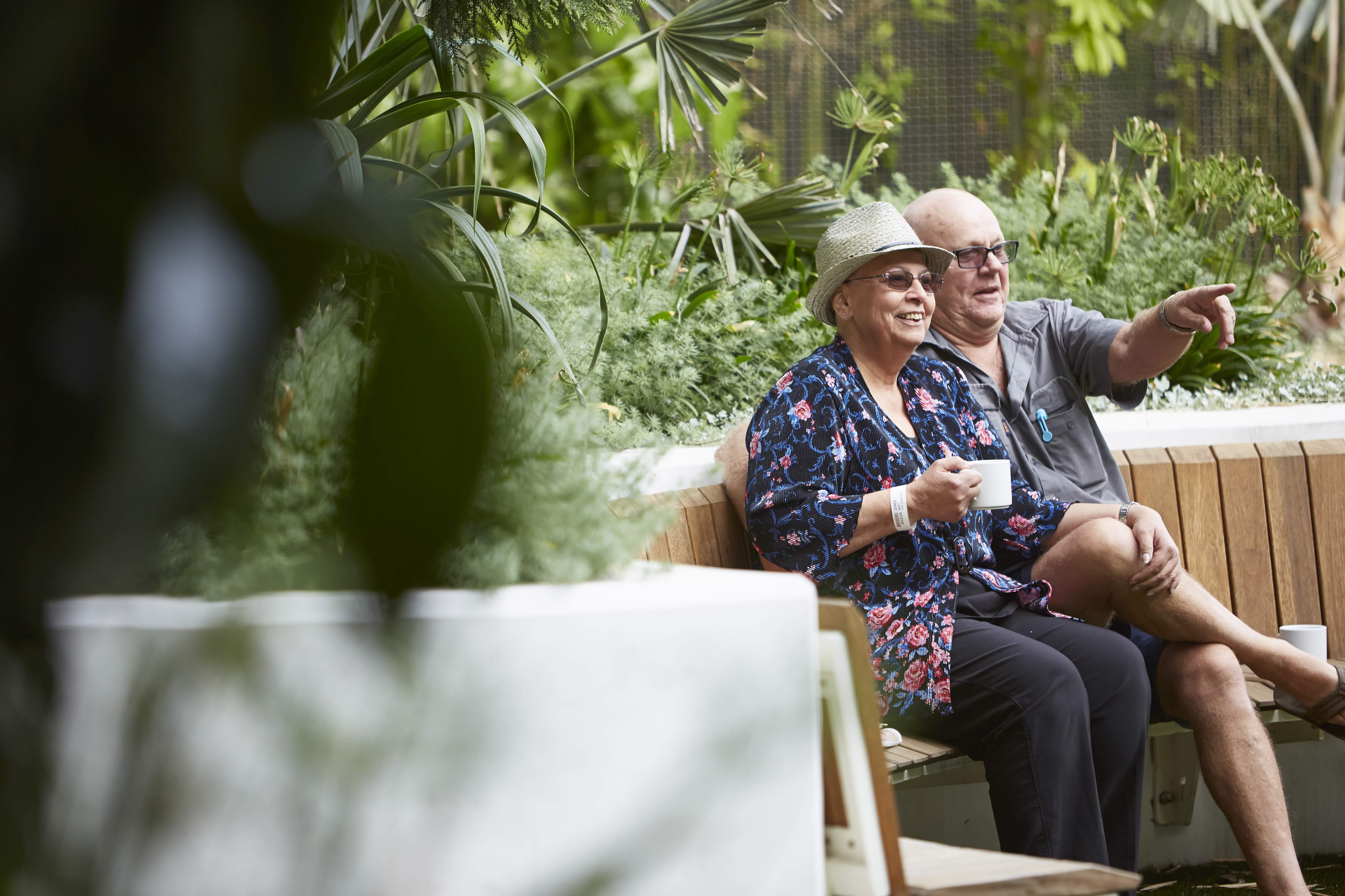If you are helping someone through cancer and its treatment, you are a ‘carer’. You may not see yourself as one because it feels like you’re doing something natural – taking care of someone you care about or know. As a carer, you might be a family member, friend, relative or community member and offer care in a variety of ways. For example, you might be helping with day-to-day activities such as specialist visits, buying weekly groceries or helping around the house. But it can also happen in ways such as coordinating care and services by email, offering emotional support by phone or even taking your partner or friend out for coffee or a meal.
Why is it important for carers and family to look after themselves?
Carers are naturally focused on the person with cancer and the many tasks of caregiving. Which is why it is very normal for them to put aside their own feelings and needs. However, a carer’s physical, emotional and mental health is essential to the wellbeing of the person they are caring for. To be an effective carer, it is important to care for yourself too.
Here are some tips for how to look after yourself
- Find support – join a support group to meet other carers with similar experiences, talk with a supportive friend or contact our Carer Support Officer for a one-on-one conversation. These can help keep you from feeling overwhelmed or burned out
- Recognise the signs of stress – these include feeling exhausted, falling sick regularly, not sleeping well, feeling irritated or withdrawing from your usual social circles
- Accept help – family members, friends or community groups are often willing to assist with chores, errands or childcare. Don’t be afraid to ask for help
- Make time for yourself – spend time doing things you enjoy like making art, pottering in the garden or meeting a friend for coffee. Taking breaks is important to being an effective carer
- Take care of your body – the stress of caring can lead some people to develop not so healthy habits. Make time to exercise, eat healthy foods and get enough rest
- Learn about carer support services – organisations like Carers Victoria are a fantastic way to stay informed about carer benefits, counselling services and education opportunities
- Seek professional support – carers are at an increased risk of depression and anxiety. If you find yourself having trouble managing your emotional and mental health, speak with your GP or a counsellor. Visit the CarerGateway Counselling for more information
Carer and family services at Peter Mac
- Carer Support Officer - Book an appointment with our Carer Support Officer, for more information and advice on carer support services at Peter Mac and in the community.
- Carer’s Circle – A monthly peer group for you to connect with other carers and share experiences of caring for someone with cancer in a safe and supportive space.
- Carers Psychology – our clinical psychologist provides support to eligible carers of Peter Mac patients, both in person and via telehealth.
- Social Work – Social Workers can help advocate for patients and carers, connect carers to a wide range of services available in the community and provide practical advice e.g. legal and financial support
- Spiritual Care – Spiritual Carers offer a compassionate, listening ear when you’re going through a difficult time. They can be particularly beneficial if you’re feeling sad, lonely, uncertain of the future or caring for someone at the end of life.
- Join Us For Art – These workshops invite patients, family members and carers to explore their wellbeing through creative processes.
- Cancer Wellness Programs - A free education and support program for people who have completed cancer treatment and are living with and beyond cancer. It is also for carers, partners and family members.

